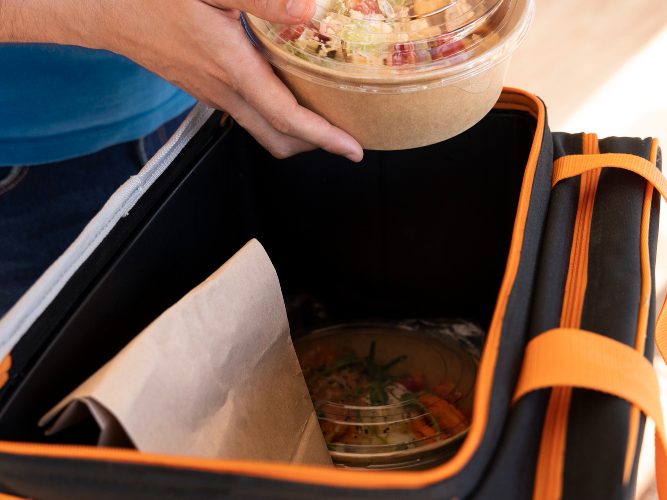Shenae Whitehead, PhD, is a licensed psychologist and the founder of Heart to Heart Counseling and Wellness Center, PLLC, in Fayetteville, North Carolina. Since 2015, Dr. Whitehead has provided trauma-informed care to children, adolescents, and adults, employing evidence-based therapies such as EMDR, CPT, TF-CBT, DBT, and Theraplay. Her comprehensive assessment services span ADHD and learning disorders to VA disability evaluations for veterans and active-duty personnel. A Fayetteville “40 Under 40” honoree, she also volunteers with Meals on Wheels and leads The Stacy Jones Foundation, Inc., underscoring her dedication to community health and dependable support networks—principles at the heart of the article below.
Meals on Wheels operates across thousands of communities to deliver meals to older adults and individuals with limited mobility. While the mission centers on nutrition, its reliability depends on delivery systems shaped by people, not just schedules. Among those contributors, a core group of recurring volunteers helps reinforce the precision and consistency, allowing the program to function without disruption.
Delivery routes follow structured routines, often aligned with medication schedules or daily health appointments. Any delay can affect more than timing. It may disrupt health routines or medication schedules. Volunteers who know their routes help prevent these issues by anticipating traffic, building access problems, or elevator outages likely to slow service or interfere with client routines.
New volunteers need time to familiarize themselves with their assigned areas. Even with orientation, finding remote residences or adapting to individual client habits takes repetition. Returning volunteers develop situational knowledge. They remember parking rules, entry preferences, and nuanced instructions that reduce missteps and keep deliveries efficient.
Clients also benefit from consistent volunteer presence. Many live alone, and the brief conversation during drop-off may be one of their few regular social interactions. Returning volunteers notice changes in speech, physical condition, or alertness. These small observations serve as early indicators for coordinators to evaluate and respond appropriately.
At the operational level, volunteer consistency strengthens administrative efficiency. Coordinators spend less time training and following up when the same people return week after week. Familiarity with protocols, route timing, and escalation steps makes experienced volunteers easier to support and less reliant on real-time guidance.
Consider a multi-stop delivery across several apartment complexes. A new participant might follow the list exactly, unaware a client leaves for dialysis or another building lacks a working elevator. A returning volunteer adjusts intuitively, reordering visits to keep deliveries on time. These minor adjustments help preserve momentum and avoid missed service windows.
Experienced participants also support quality assurance. They flag miscounted meals, spot packaging errors, and report when a recipient is unexpectedly absent. They can quickly alert coordinators and correct issues before delays spread. Their responsiveness strengthens both accuracy and accountability.
Volunteer retention carries program-wide benefits. Whether a chapter serves a densely populated city or a rural district with long travel times, all face rising demand and limited resources. Sustained involvement reduces turnover strain and expands programs without constant recruitment or retraining.
Many one-time volunteers may expand the roster but also increase coordination overhead. High turnover introduces variability that weakens route reliability and disrupts client confidence. Volunteers who return consistently offer value that builds over time. They improve performance not by doing more but by doing it predictably.
Ongoing participation also reinforces volunteer satisfaction. Many who serve regularly report stronger engagement when they feel trusted and prepared. That sense of rhythm encourages them to stay involved, creating a self-sustaining support cycle aligned with the program’s mission.
Meals on Wheels succeeds in part because its design pairs logistical structure with human continuity. Returning volunteers do not just complete a task. They become part of an adaptive system that remembers, adjusts, and improves. Their presence ensures delivery functions as a route and a network of reliable, responsive care.









